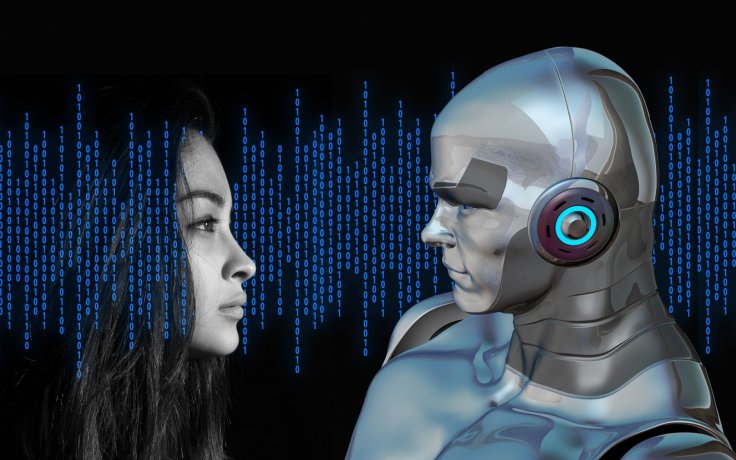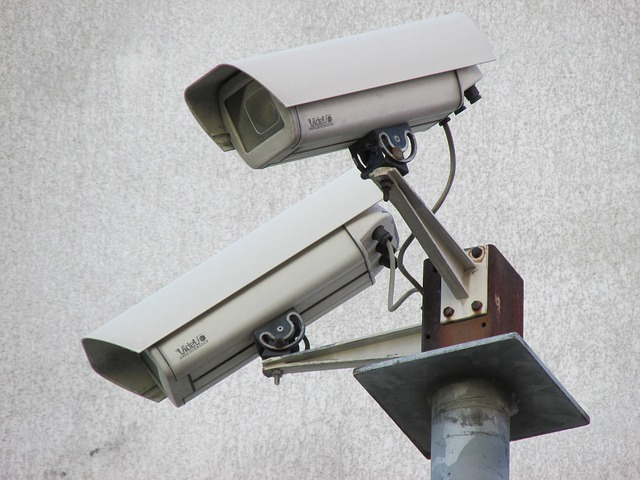China is one of the leading forces in technology. While the country leads in manufacturing and already focusing on its home-grown silicon industry to decrease dependence on Western manufacturers, it's artificial intelligence (AI) is the latest where the Asian giant is actually pouring in billions to move ahead of the pack. But the U.S. and its allies are setting new rules through a global alliance to thwart China's escalation as the world leader in AI.
Like the COVID-19 vaccine, AI is also another race all the countries with technological prowess are involved in. AI is considered the future technology for almost everything — from healthcare, education to defense and governance.
But AI-powered surveillance is another application that China has mastered. Besides applying AI within its boundaries, China is weighing its potential export to other countries. Western lawmakers believe Chinese companies are already selling such surveillance tech.
China's AI Dominance
Beijing foresaw the potential of AI and as an early adopter, it pushed for innovation. With Chinese companies at the forefront, Beijing announced incentives for developers, created new teaching roles for AI development and started implementing the technology wherever possible. It became a part of its Made in China 2025 campaign.

In 2015, China began trials for the social credit system. Like the Black Mirror TV series, Chinese citizens receive credit points based on their social behavior. Good behavior is rewarded with plus points that would help in getting faster promotion among others while bad reputation will mean negative points and punishments such as prohibited from using flight, booking hotels and school ban. The entire scoring system will be monitored by the Chinese Communist Party through the People's Bank of China.
While it looks like futuristic inclusive technology, it is actually a part of greater surveillance. With Chinese authorities gathering voice patterns, biometric data and even DNA samples, many see it as a breach of privacy. Another aspect of it is facial recognition. The tool is although really helpful for law and enforcement, it can be misused by an autocratic government for mass surveillance.
China has already implemented AI technology for education, healthcare, transport, manufacturing and defense. Beijing now wants to export its tech and that scares the Western allies.
Early Push
This early push worried many in the west. Thus, in 2018, France and Canada approached other G7 countries to join them and set rules for AI applications. But White House didn't come around. Donald Trump's administration believed setting boundaries was too early as it would hamper innovation.

But now that China is pulling ahead, the U.S. lawmakers believe a pact must be signed to counter China's AI threat so that AI doesn't just become a surveillance tool. "Europe and the U.S. agree on what they don't want — a future in which AI is used to build up an Orwellian surveillance apparatus — but they're far from able to agree what they do want," Lynne Parker, the Assistant Director for AI at the White House's Office of Science and Technology Policy (OSTP) told Politico.
In June (2020), the U.S. joined other G7 countries — U.K., Canada, France, Germany, Italy and Japan — besides inviting Singapore, India, Australia, New Zealand, South Korea, Mexico, Slovenia and the European Union to establish the Global Partnership on Artificial Intelligence (GPAI). The goal of the alliance was to support the "responsible and human-centric development and use of AI."
So far, companies based in western countries are limiting their capability to use AI. Tech giants Microsoft, IBM, Google, Facebook and Amazon have decided not to invest in facial recognition powered by AI while the U.S. government has limited the companies to export AI tech to China.
But while the approach seems noble, there are countries like the U.S. which conducts domestic surveillance — something that Edward Snowden exposed. Hence, it remains to be seen if the GPAI alliance holds its grounds and respects privacy or go a notch further and develop AI technology that would actually take over humans as Elon Musk feared.








